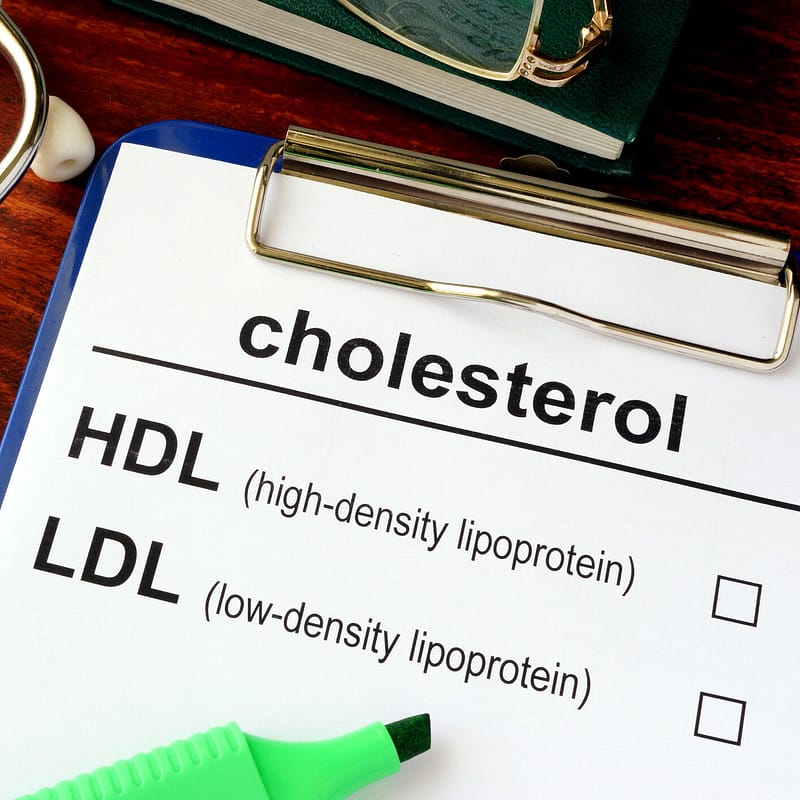High Cholesterol - Lipid Disorders Treatment in Greater Salt Lake City
High cholesterol, also known as hypercholesterolemia, is a condition characterized by elevated levels of cholesterol in the blood. Cholesterol is a fatty substance that is essential for various bodily functions, but when levels become too high, it can increase the risk of heart disease and stroke.
Types of Cholesterol
Cholesterol is carried through the bloodstream by lipoproteins. There are two main types of cholesterol:
- Low-Density Lipoprotein (LDL) Cholesterol: Often referred to as “bad” cholesterol, LDL cholesterol can build up in the walls of arteries, forming plaque and narrowing the arteries, which can lead to atherosclerosis and increase the risk of heart disease.
- High-Density Lipoprotein (HDL) Cholesterol: Known as “good” cholesterol, HDL cholesterol helps remove LDL cholesterol from the bloodstream, transporting it to the liver for processing and excretion, which can lower the risk of heart disease.

Symptoms of High Cholesterol
High cholesterol itself does not usually cause symptoms, so many people may not be aware that they have it until they experience complications such as heart attack or stroke. However, high cholesterol can contribute to the development of atherosclerosis over time, which can lead to symptoms such as:
Chest pain or angina
Leg pain or cramping (claudication) during physical activity
Numbness, weakness, or coldness in the legs or arms
Trouble speaking or understanding speech
Temporary loss of vision
Mini-stroke (transient ischemic attack)
Risk Factors for High Cholesterol
Certain factors can increase the risk of developing high cholesterol, including:
- Unhealthy diet high in saturated and trans fats
- Lack of physical activity
- Obesity or overweight
- Smoking
- Genetics and family history of high cholesterol
- Age (risk increases with age)
Take Control of Your Cholesterol
Managing high cholesterol is essential for protecting heart health and reducing the risk of cardiovascular disease. Contact Forum Health today to schedule a consultation and learn more about our approach to cholesterol management.
